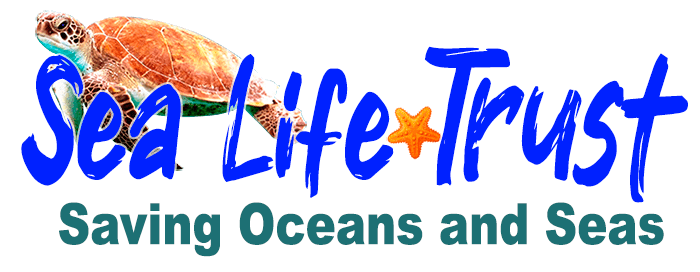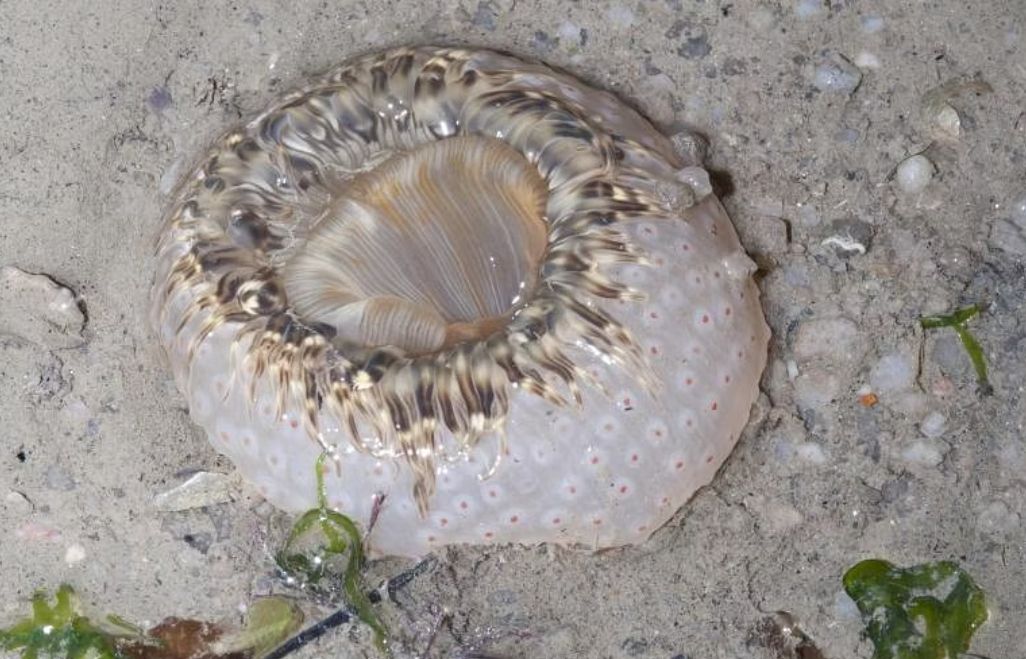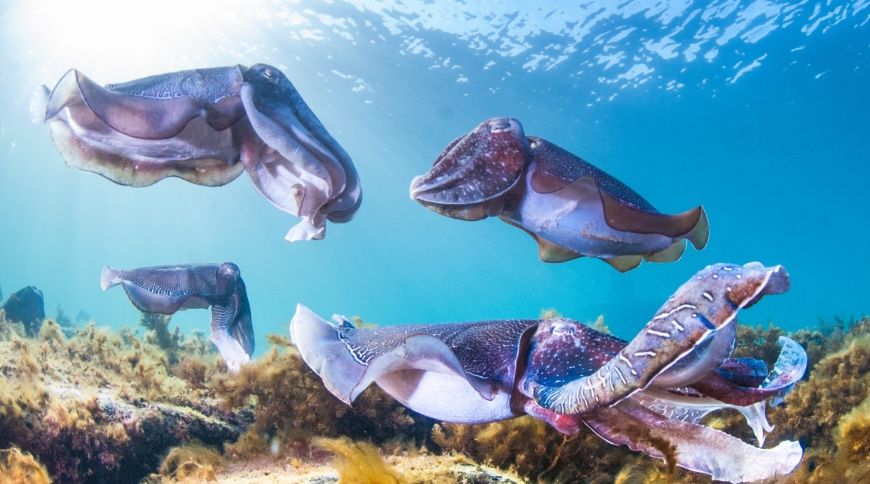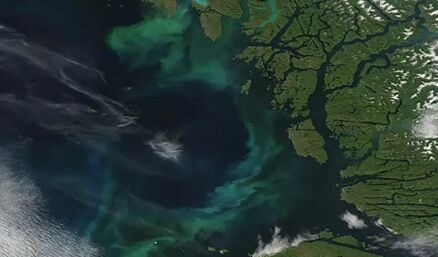Your choices as a seafood consumer can significantly impact the health of our oceans and the future of marine life. Making informed decisions about the seafood you purchase can play a crucial role in promoting sustainable fishing practices. Here are nine more tips to help you make better seafood choices:
When buying seafood, search for the Marine Stewardship Council (MSC) label. Fisheries certified by the MSC have undergone rigorous independent assessments to ensure they meet strict environmental criteria and adhere to best practices. Choosing MSC-certified seafood supports sustainable fishing practices and helps protect marine ecosystems. Watch this short video to learn more about the MSC’s commitment to sustainability.
Opt for ‘Pole and Line Caught’ Tuna
When purchasing tinned tuna, choose brands that specify “pole and line caught.” This method minimizes bycatch, which refers to other species unintentionally caught and killed during fishing. ‘Pole and line caught’ tuna significantly reduces the impact on non-target species, making it a more sustainable choice. In Australia, brands like Safcol and Oceanwise offer pole and line caught tinned tuna.
Choose Lower Food Chain Species
Opt for smaller species such as sardines and inshore species like mullet. These species are prolific breeders, meaning they can replenish their populations more quickly. In contrast, larger species like tuna, sharks, and swordfish grow slower and are more vulnerable to overfishing. By consuming lower food chain species, you help maintain a balanced marine ecosystem.
When deciding between farmed and wild-caught seafood, consider the species. Farmed tuna or salmon often require significant amounts of wild-caught fish as feed, adding pressure to already overfished oceans. Herbivorous fish like tilapia are a more sustainable aquaculture option, as they do not rely on fish for food. Purchasing farmed mollusks such as mussels, abalone, scallops, and oysters is also beneficial, as they filter the water column for food and contribute to a healthier marine environment.
Australia heavily relies on imported seafood, making it challenging to track its origin and fishing practices. Buying locally caught seafood with the label “Product of Australia” supports relatively well-managed fisheries, although they may not be perfect. By choosing local seafood, you contribute to sustainable fishing practices closer to home.
Say ‘NO’ to Shark Meat (Flake)
Avoid consuming shark meat, commonly known as “flake.” Shark meat has been found to contain up to three times the safe limit of mercury, a toxic metal harmful to humans. Reducing the demand for shark meat can help protect shark populations and preserve the delicate balance of marine ecosystems.
Understand Seafood Seasonality
Familiarize yourself with seafood seasonality to make informed choices about when to purchase certain species. Opting for seafood during its peak season ensures better taste and quality, as well as supporting sustainable fishing practices.
Share your knowledge and passion for sustainable seafood choices with friends, family, and the community. By raising awareness about responsible seafood consumption, you can encourage others to make informed decisions and collectively contribute to protecting our oceans.
Support Marine Conservation Charities
onsider supporting marine conservation organizations, like sea-life-trust.com, that work tirelessly to protect marine life and promote sustainable fishing practices. Donating to these charities helps fund crucial research, advocacy efforts, and conservation initiatives aimed at preserving our oceans for future generations.
By implementing these tips into your seafood purchasing habits, you become a responsible steward of the sea life and contribute to the well-being of marine ecosystems. Together, we can make a significant difference and ensure a healthier and more sustainable future for our oceans. Continue exploring our marine conservation work and see how you can actively participate in safeguarding our precious marine life.




